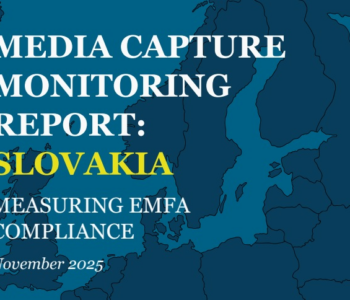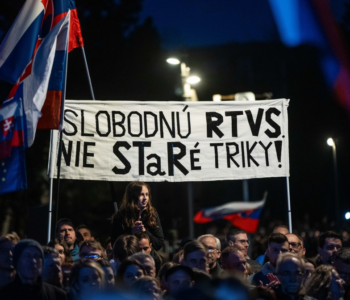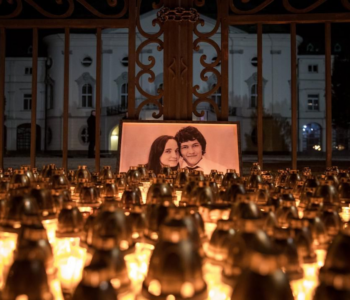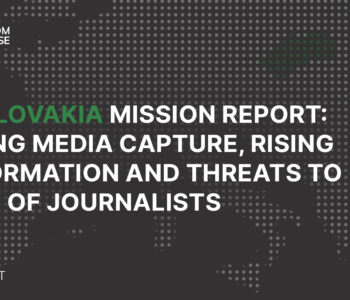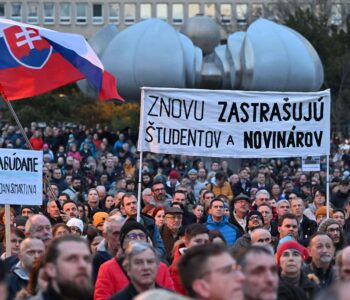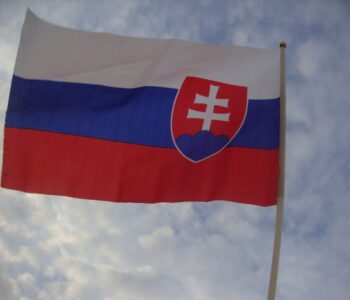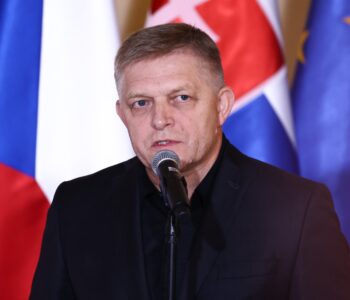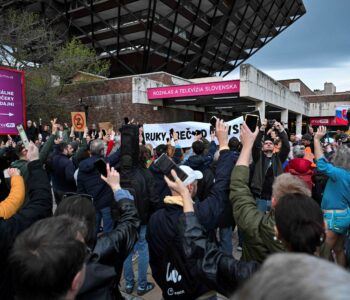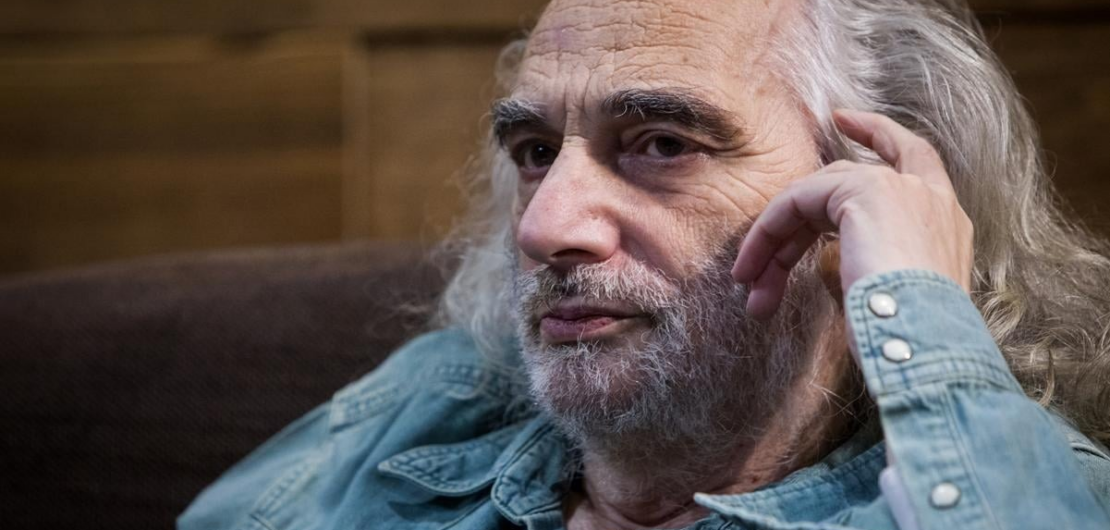 Library
Library
Slovakia: IPI condemns violent attack on prominent media commentator
Slovakia: IPI condemns violent attack on prominent media commentator
The International Press Institute (IPI) today unequivocally condemns the recent physical attack against well-known Slovak media commentator Peter Schutz, who was hospitalised and underwent surgery for a fractured femur after the violent assault in Košice.
13.01.2026
In the wake of the attack on 10 January, IPI calls on law enforcement authorities to swiftly establish the facts of the attack, utilise security camera footage to identify the suspected perpetrator and clarify whether the motive was linked to Schutz’s media work.
IPI also raises concern over the problematic response of some government officials, particularly the Minister of Interior Matúš Šutaj Eštok, who rather than simply denounce the event as an outright attack on a journalist, added comments which normalise or risk justifying violence against members of the press. We call on those elected officials to withdraw problematic elements from their online statements.
In a country scarred by the 2018 murder of investigative journalist Ján Kuciak and his partner, any physical violence against journalists in Slovakia should be immediately and unequivocally condemned by leading government figures, regardless of the victim’s political opinions.
Schutz, 70, has been a leading comment writer for the daily newspaper SME for decades and has also appeared on political talk shows. He has long provided commentary on political and social developments and has been strongly critical of the current government.
According to SME and media reports, Schutz was attacked by an unidentified assailant in the public restroom of a shopping mall in Košice, in eastern Slovakia, where he was struck on the head from behind and fell, fracturing a femur that required surgery. Schutz was later found by a passer-by. Police have opened an investigation.
IPI has reported the attack to the Council of Europe’s platform for the safety of journalists and has been in contact with the Slovak journalist safety platform and SME. We have also documented the case on the Mapping Media Freedom platform of the Media Freedom Rapid Response (MFRR), Europe’s largest database for press freedom violations.
In 2025, IPI monitoring documented 29 violations of media freedom in Slovakia. While this included serious verbal threats against journalists’ safety and a number of denigrating comments against media actors by political figures, there were no documented cases of serious physical assaults on journalists, which remain rare in Slovakia.
This statement was coordinated by IPI as part of the Media Freedom Rapid Response (MFRR), a Europe-wide mechanism which tracks, monitors and responds to violations of press and media freedom in EU Member States and Candidate Countries.

